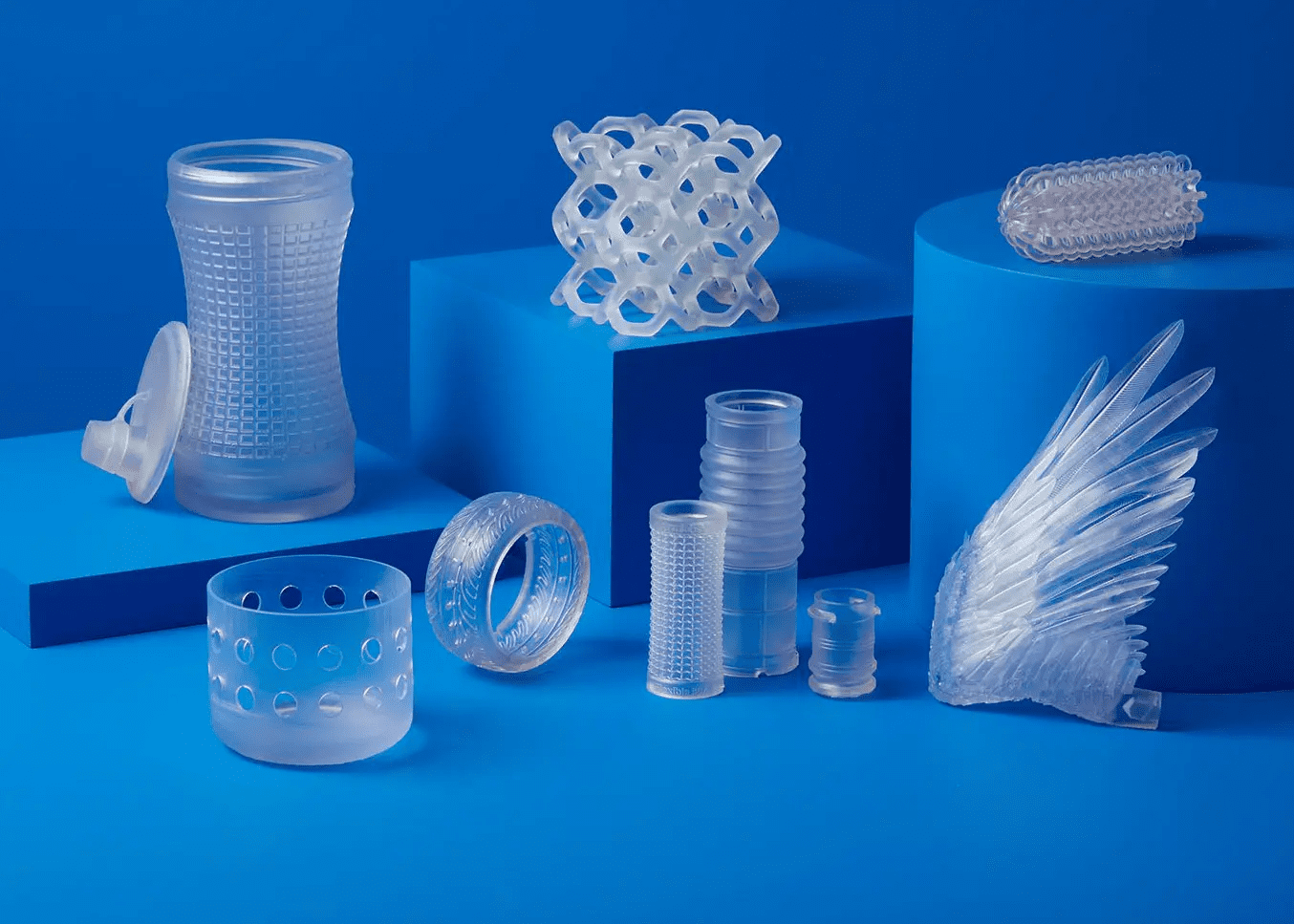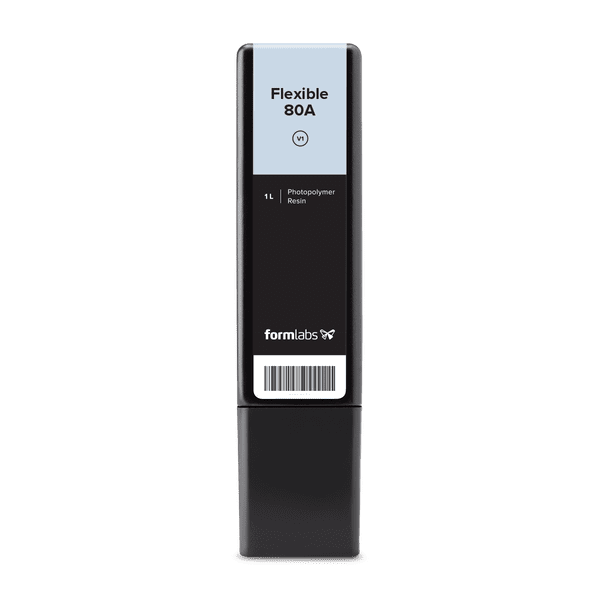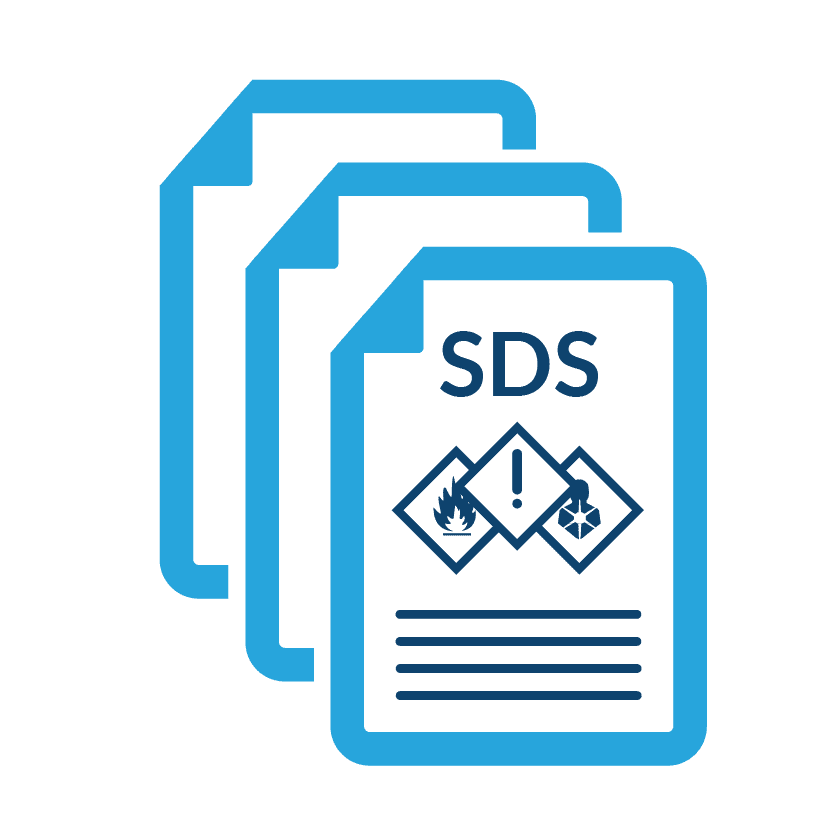Formlabs® Flexible 80A
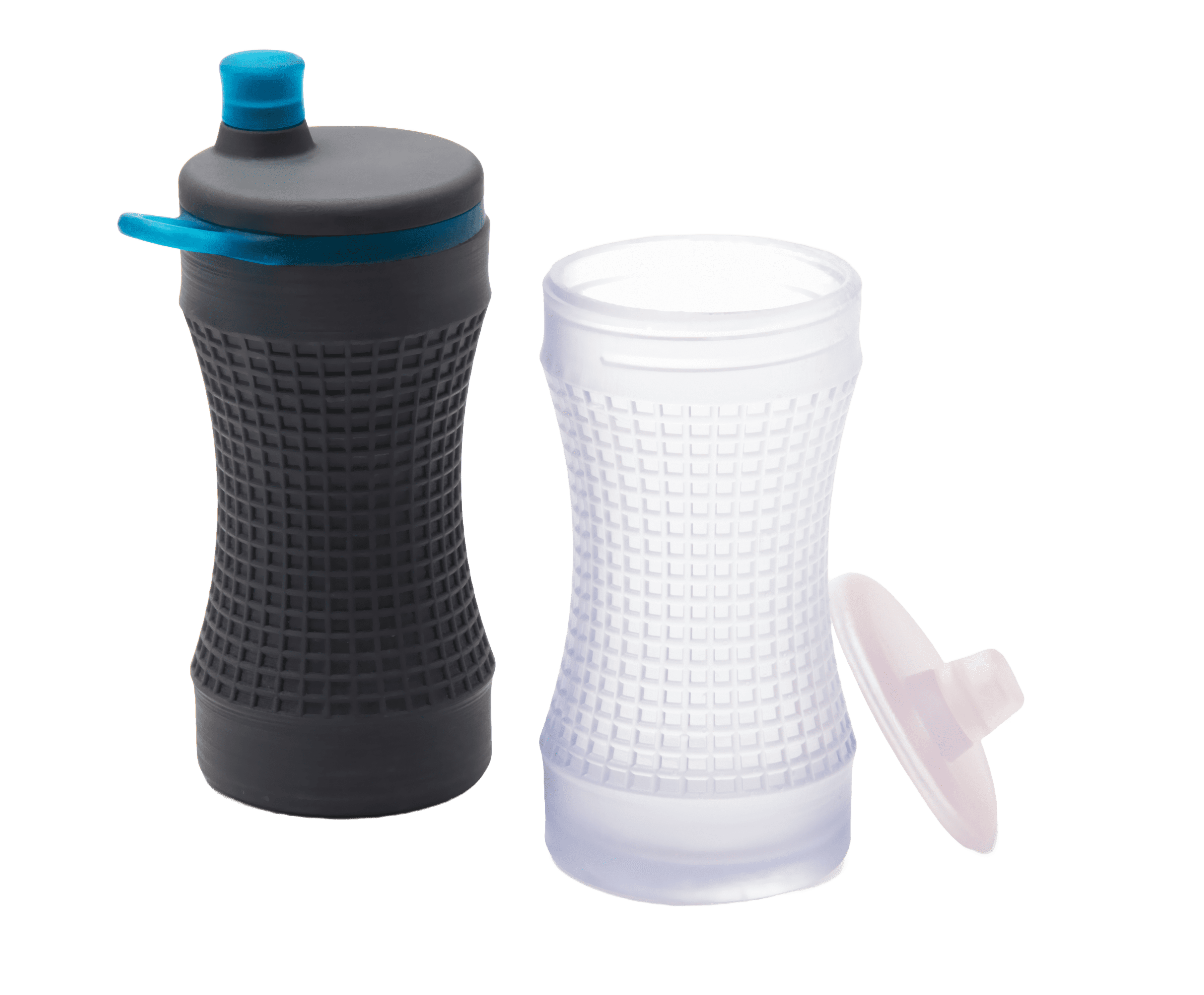
Formlabs®
Flexible 80A Resin
An SLA resin well-suited for cushioning, damping and shock absorption applications
In Formlabs' library of SLA materials, Flexible 80A resin is one of the most stiff soft-touch material with an 80A Shore durometer to simulate the flexibility of rubber or TPU. Parts 3D printed in Flexible 80A can withstand bending, flexing, and compression, even through repeated cycles. It is recommended for cushioning, damping, and shock absorption applications.
Material Properties
![]()
ULTIMATE TENSILE STRENGTH
8.9 MPa
![]()
ELONGATION AT BREAK
120.0%
![]()
SHORE HARDNESS
Shore 80A
![]()
TEAR STRENGTH
22 kN/m
Performance Scale
| Stiffness | |
| Flex | |
| Durability | |
| Spring back (Slow to Fast) |
Appearance
Why Choose Flexible 80A Resin?
Soft and Strong
With Flexible 80A SLA 3D printing resin, you can stretch and compress parts through repeated cycles without cracking.
A Great Elastomeric
Flexible 80A formulation allows bendable parts to return to their original shape slowly.
A See-through, Transparent Appearance
With Formlabs Flexible 80A resin, you can manufacture clear objects or parts in hours that offer visibility into the models.
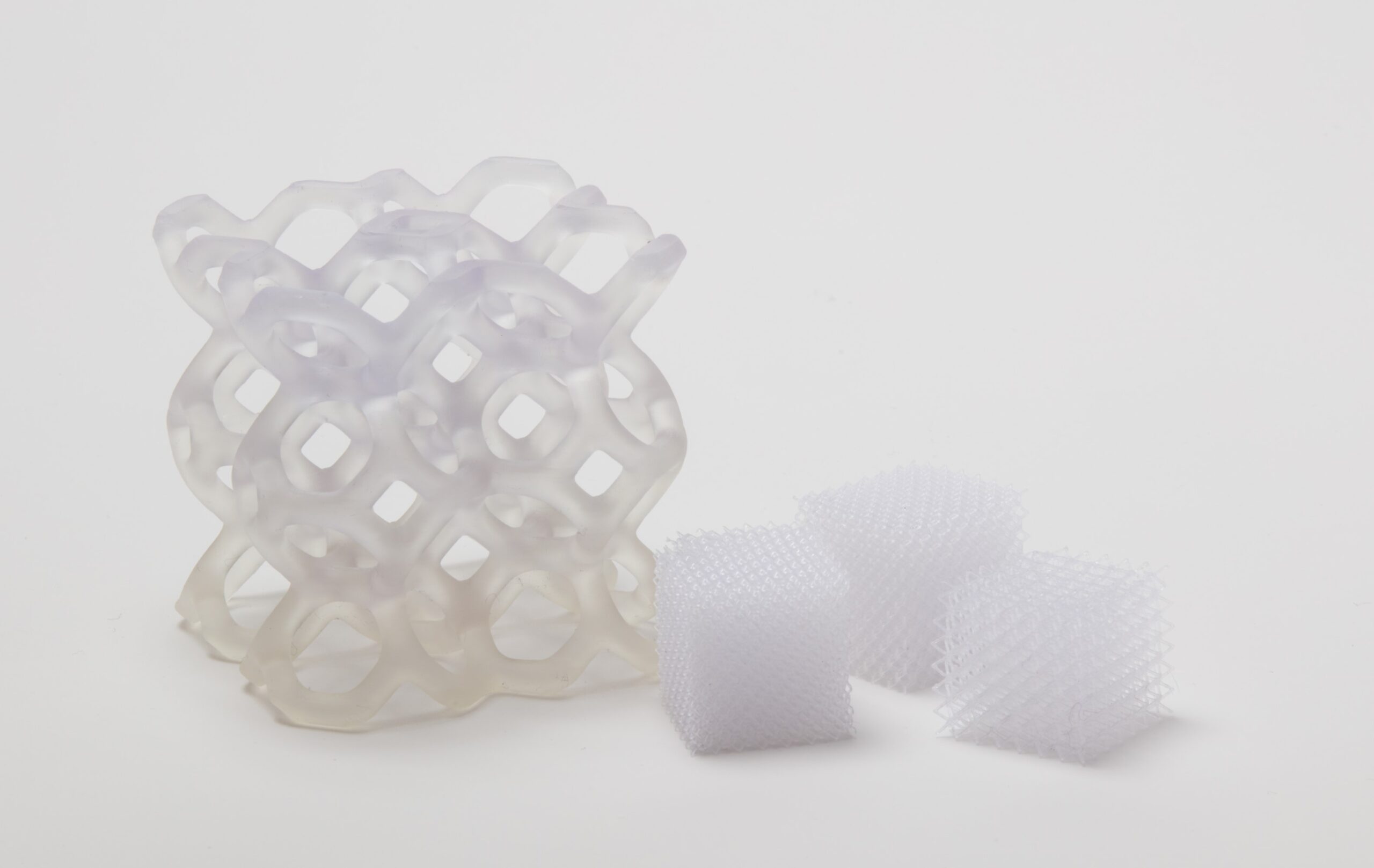
Material Variants | 3D Printer Compatibility
Post-Processing
Technical Specifications¹
Green |
Post-Cure2 |
|
Ultimate Tensile Strength |
3.7 MPa | 8.9 MPa |
Stress at 50% Elongation |
1.5 MPa | 3.1 MPa |
Stress at 100% Elongation |
3.5 MPa | 6.3 MPa |
Elongation at Break |
100% | 120% |
Shore Hardness |
70A | 80A |
Compression Set (23 °C for 22 hours) |
Not Tested | 3% |
Compression Set (70 °C for 22 hours) |
Not Tested | 5% |
Tear Strength3 |
11 kN/m | 24 kN/m |
Ross Flex Fatigue at 23 °C |
Not Tested | >200,000 cycles |
Ross Flex Fatigue at -10 °C |
Not Tested | >50,000 cycles |
Bayshore Resilience |
Not Tested | 28% |
Glass Transition Temperature (Tg) |
Not Tested | 27 °C |
¹Material properties can vary with part geometry, print orientation, print settings and temperature.
²Data was obtained from parts printed using Form 3, 100 μm, Flexible 80A settings, washed in Form Wash for 10 minutes and post-cured with Form Cure at 60 °C for 10 minutes.
³Tensile testing was performed after 3+ hours at 23 °C, using a Die C specimen cut from sheets.






